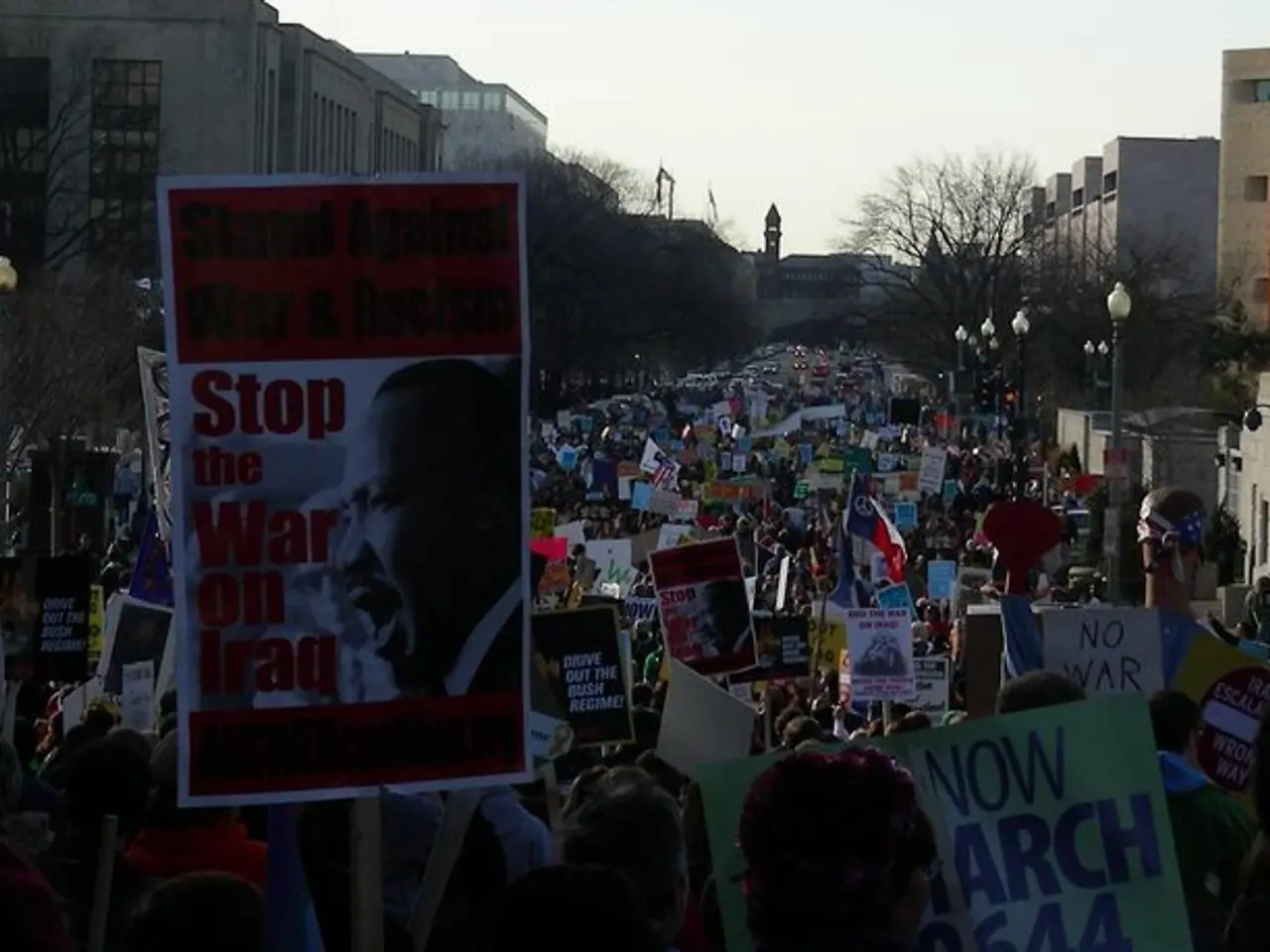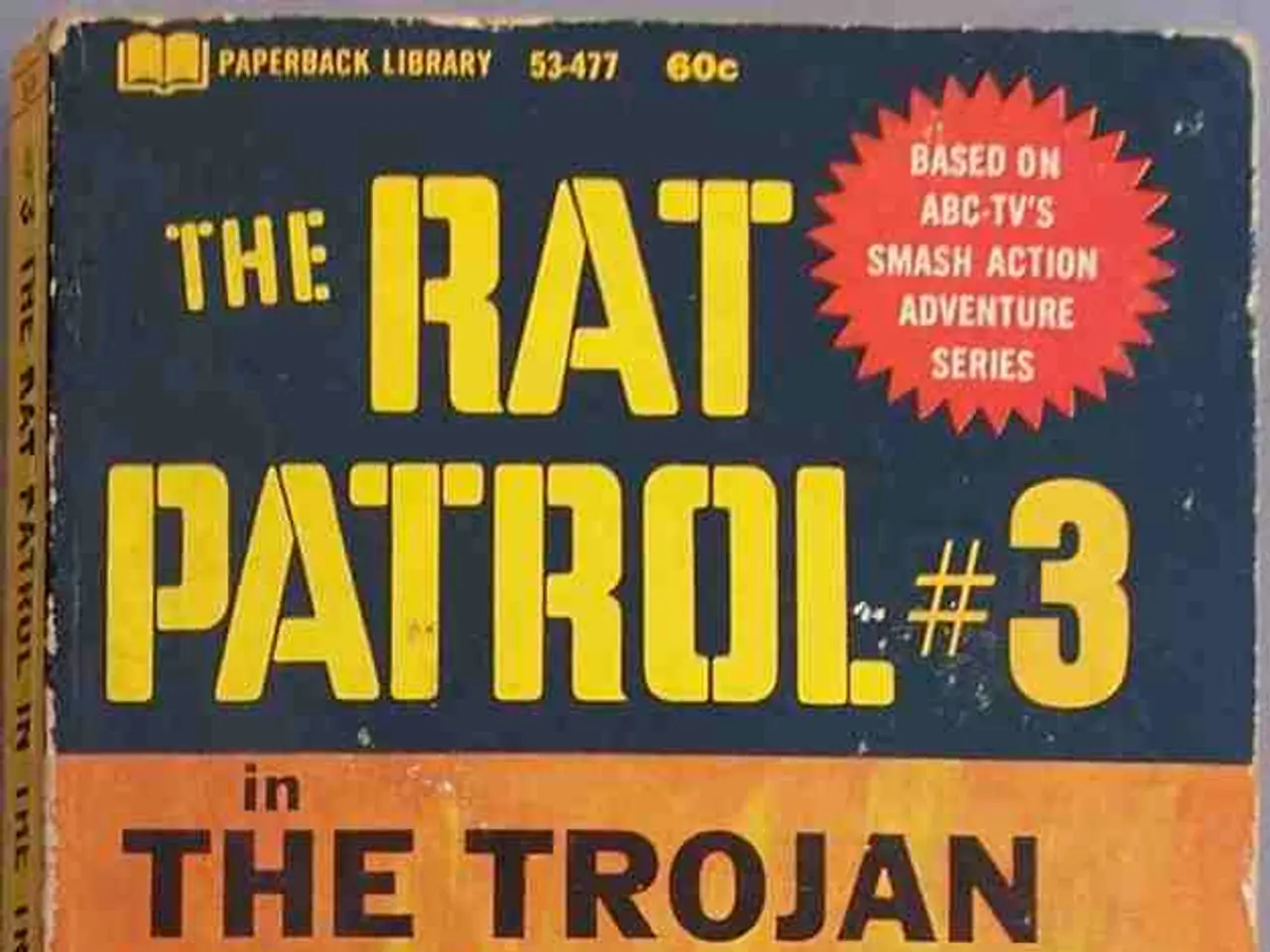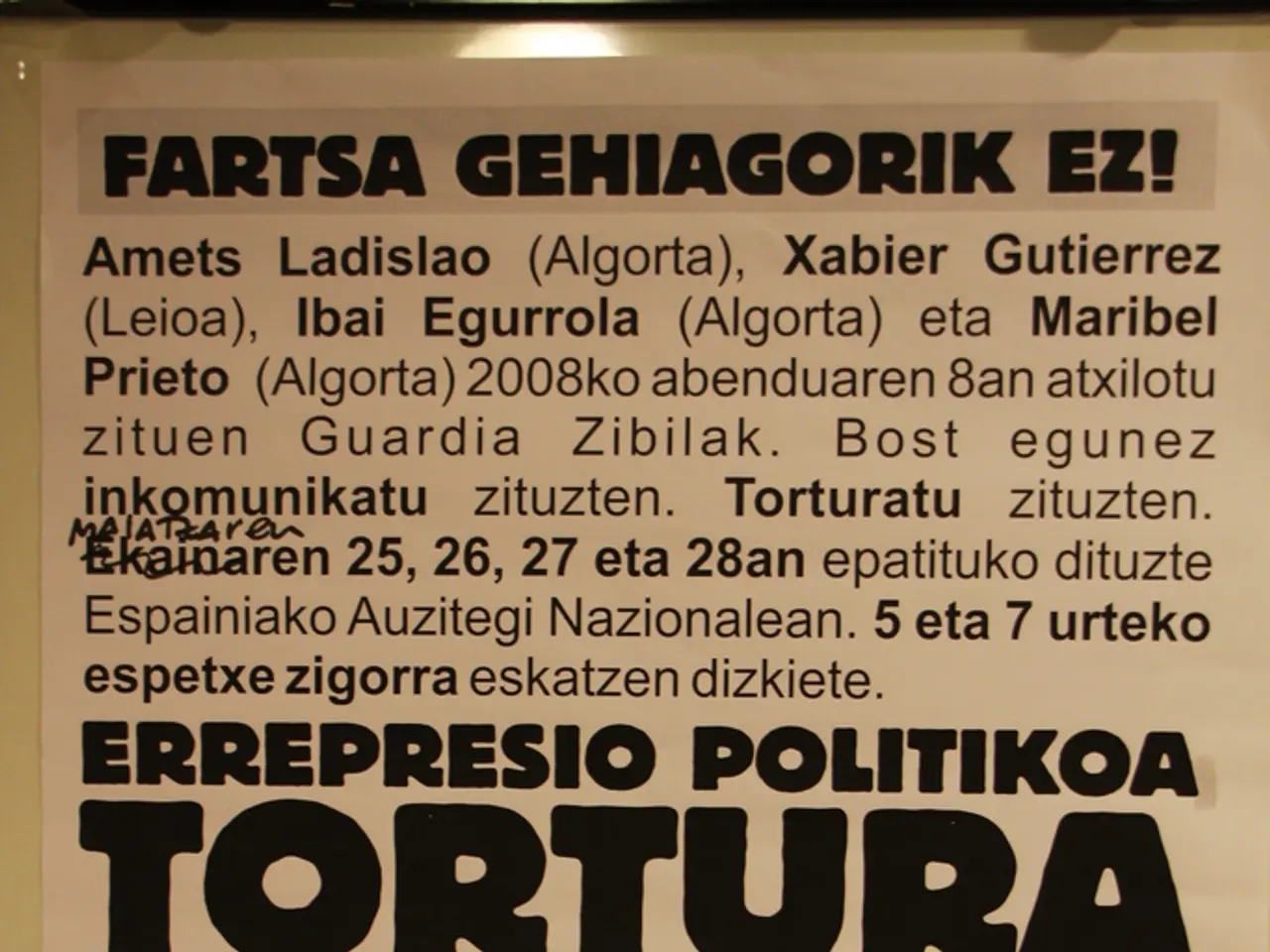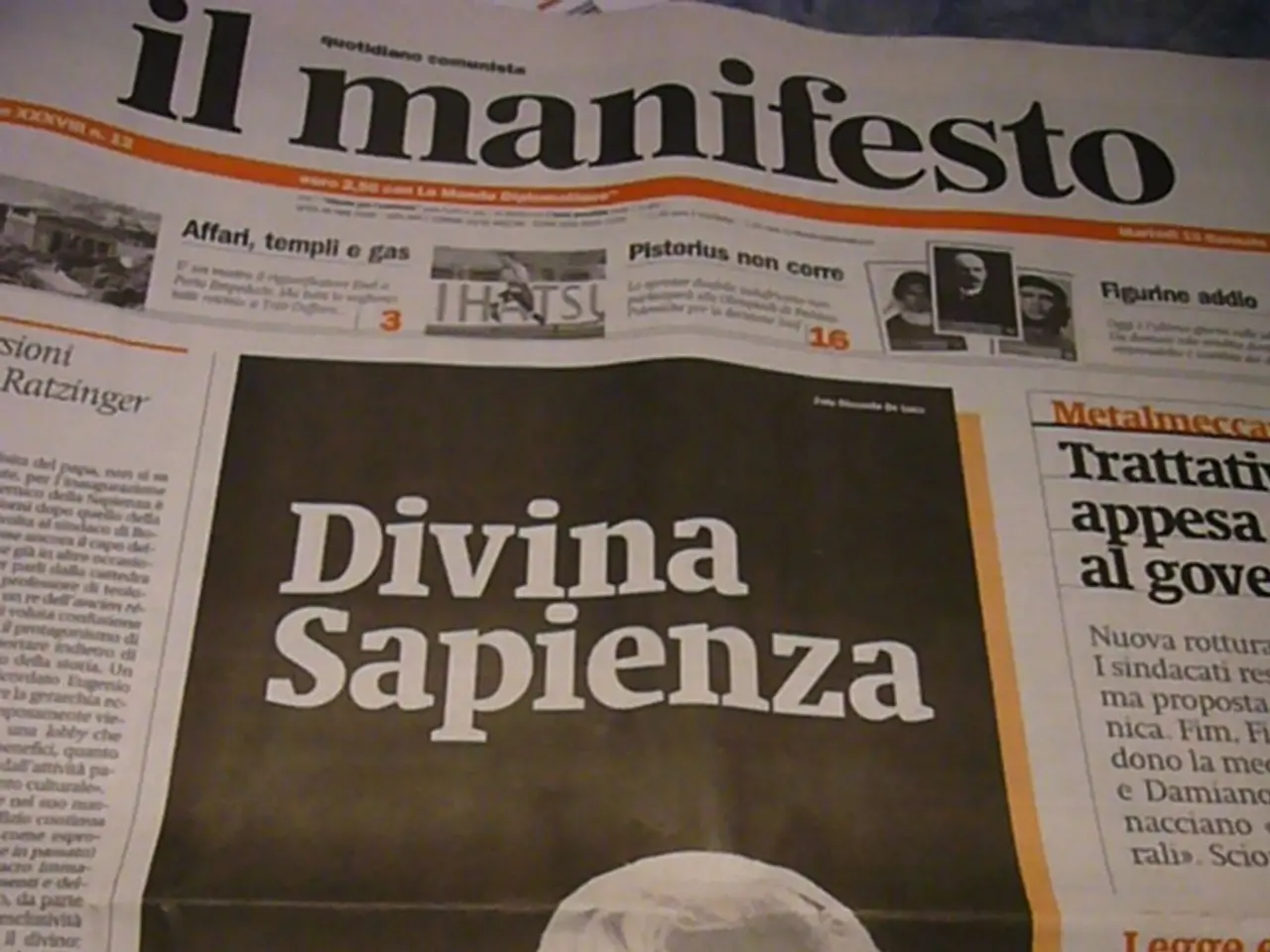Criminal charges against former judge Baltasar Garzón are being requested to be expunged by the prosecutor's office.
Recent developments have seen a significant push towards undoing the legal and professional repercussions faced by former Spanish judge Baltasar Garzón. The momentum stems from a combination of domestic prosecution initiatives and international human rights evaluations.
The Public Prosecutor's Office in Spain has formally requested the Administrative Chamber of the National High Court to order the Ministry of Justice to delete Garzón's criminal record. This request follows Garzón's 2012 disqualification sentence for prevarication related to recording conversations in the Gürtel case[1].
The United Nations has also weighed in, declaring the process against Garzón arbitrary. This determination supports claims for full reparation and compensation, although specific details on the reparations are less publicly detailed in the latest reports[1].
The Prosecutor's Office is asking for the application of "the conclusions and determinations of integral repair" from the Opinion of the Human Rights Committee of the United Nations. This includes the erasure of Garzón's criminal record after he has served his sentence for prevarication, as well as adequate compensation for the damage suffered[1].
The UN's stance on the arbitrariness of the trial and subsequent consequences Garzón faced aligns with the Prosecutor's Office's position. The Office continues to support the adoption of measures to "prevent similar violations in the future" and wants these decisions to have "wide dissemination"[1].
However, no direct details were found about the precise status of the compensation claim. The request for "integral repair and adequate compensation" suggests that the compensation claim is under consideration, although the specifics are yet to be finalised[1].
This evolving case reflects ongoing judicial and international recognition that Garzón's conviction was contentious and possibly unjust, related to an interpretation of the law that was not universally accepted[3].
[1] Source: El País, La Vanguardia, UN Human Rights Committee [3] Source: The Guardian, The New York Times, Amnesty International
The Prosecutor's Office in Spain is advocating for Garzón's criminal record to be erased, following the Office's request to the Administrative Chamber of the National High Court to order the Ministry of Justice to do so. This seeks to implement the conclusions and determinations of integral repair from the Opinion of the Human Rights Committee of the United Nations, in light of the UN's declaration of the process against Garzón as arbitrary. Meanwhile, the specifics of the compensation claim, a key part of the reparation process, remain under consideration.








